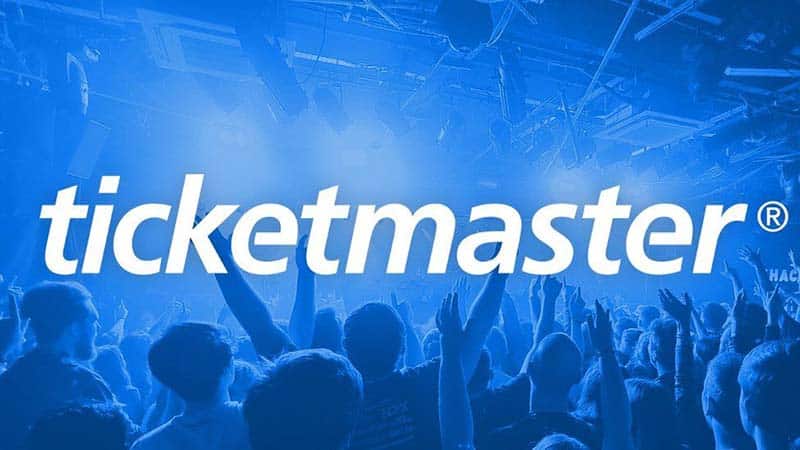Ticketmaster’s recent attempt to compel disgruntled customers to resolve their complaints through “mass arbitration” instead of court litigation faced a skeptical response from U.S. District Judge George Wu in a hearing held in Los Angeles. The judge expressed concerns over Ticketmaster’s switch to a different arbitration scheme without adequately informing its customers, describing the move as “boggling the mind.”
The ongoing case involves ticket buyers who filed a class-action lawsuit, alleging that Ticketmaster, along with Live Nation, the concert promoter it merged with in 2010, holds a dominant 70% market share in live events, resulting in excessively high ticket prices for fans to attend concerts of their favorite artists. It is just the latest in a long string of attempts to hold the entertainment giants accountable for what many believe are problems inherent to its outsized market power, which have to date all failed to be heard in court rather than removed to binding arbitration.
Although Judge Wu did not make an immediate decision on Ticketmaster’s request, he asked both parties to submit additional briefs addressing his reservations. Previously, the judge had ruled in favor of Ticketmaster in similar antitrust cases, enforcing the arbitration agreement on consumers. However, the changes introduced by Ticketmaster in 2021 to its arbitration agreement sparked a fresh antitrust complaint last year.
During the hearing, Judge Wu remarked that he had no inherent bias against arbitration but suggested that this particular case might be challenging to enforce in that manner. He sought further clarification from both sides regarding the changes made to the arbitration agreement.
Ticketmaster defended its shift to New Era’s mass arbitration protocol, arguing that this approach could handle a large number of consumer claims more efficiently compared to traditional arbitration services. The company stated that New Era uses bellwether cases to decide the merits of certain claims and then applies the results to similar cases, similar to how federal courts handle multi-district litigation.
On the other hand, the plaintiffs contended that Ticketmaster’s new arbitration scheme was procedurally and substantially unconscionable. They raised concerns about how the change was implemented and how claims would be decided.
Judge Wu’s primary concern centered on Ticketmaster’s failure to provide sufficient notice to customers about the significant change in its arbitration procedures. He emphasized the importance of proper notice to consumers regarding substantial changes in the terms of use, including the choice of arbitrator.
Under California law, the judge must evaluate the enforceability of an arbitration agreement on a sliding scale, considering both procedural and substantial unconscionability. In this case, Wu indicated that the procedural issues surrounding the changes to the arbitration agreement were so pronounced that the substantial problems might not need to be as significant to warrant refusal to enforce the agreement.
The ruling on Ticketmaster’s request to compel arbitration in the antitrust class action will also impact pending lawsuits involving Taylor Swift fans. The singer’s fans filed a class-action suit over the botched sale of tickets for her Eras Tour, where Ticketmaster’s website crashed due to what it claims were an overwhelming number of requests from fans and bots, though no evidence to support these claims has been provided.



